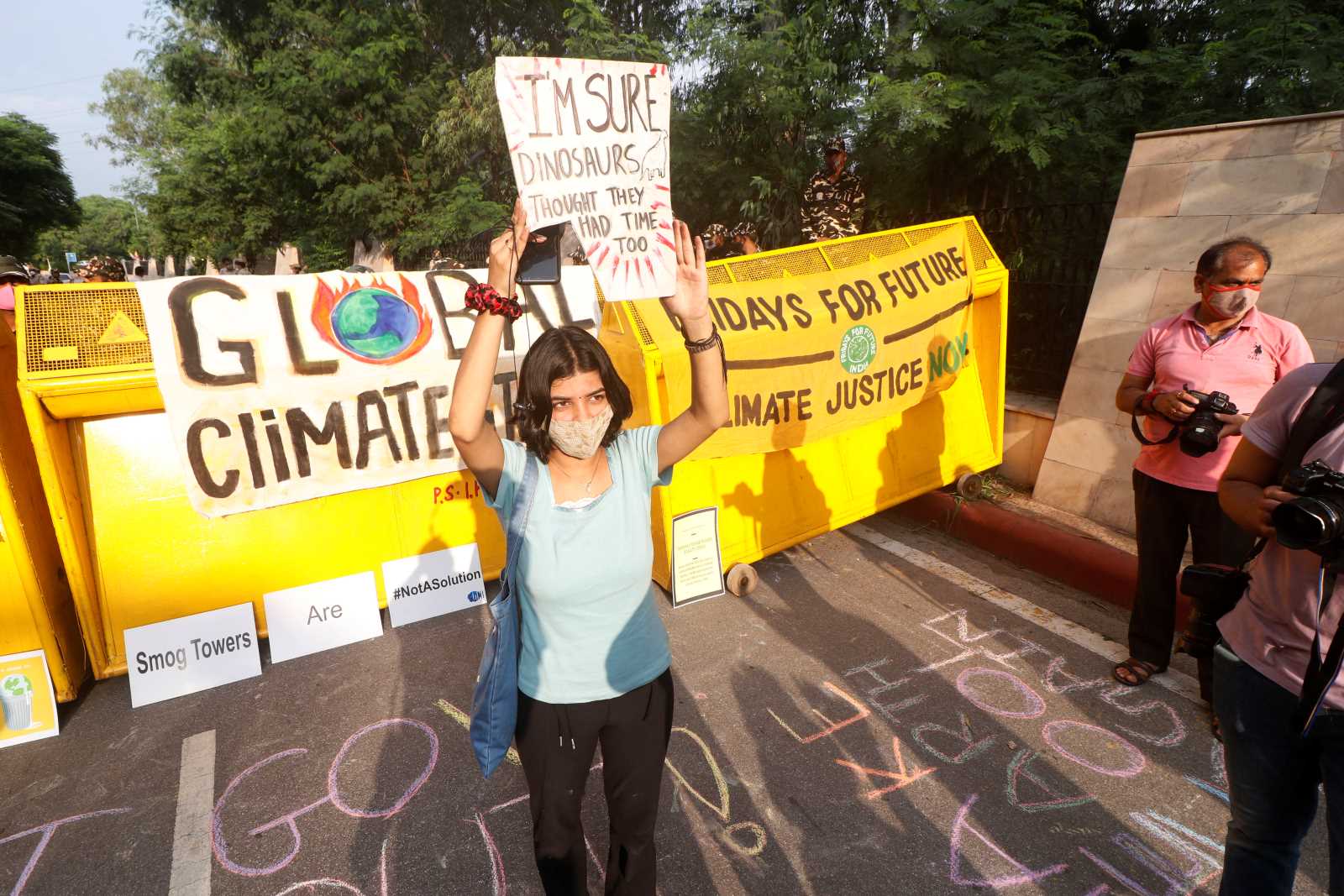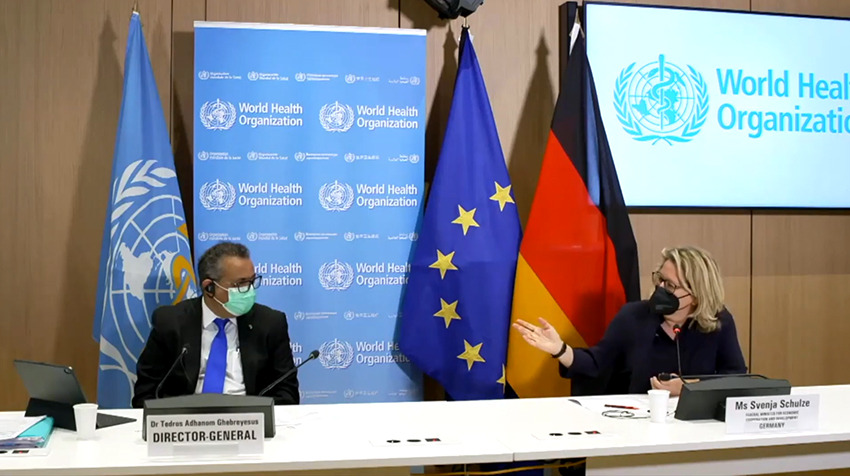Blog
“We are eroding the foundations of our livelihoods”

The UN-sponsored Intergovernmental Science-Policy Platform on Biodiversity and Ecosystem Services (IPBES) published its global report on Monday: About 1 million of 8 million plant and animal species are said to be at risk of extinction, and that includes 10 % of all insect species and 40 % of amphibians. The Guardian has a comprehensive article on the matter. Loss of pollinators is one of the big threats.
Robert Watson, the IPBES chair warns: “We are eroding the very foundations of our economies, livelihoods, food security, health and quality-of-life worldwide.” The scientists spell out that human action is driving the loss of biodiversity. Relevant trends include urbanisation, industrial-scale agriculture, overfishing, deforestation and pollution. Human-made global warming is compounding the problems.
The IPBES is a multilateral institution and involves hundreds of scientists and diplomats. Its findings must be considered valid. No other agency can speak with more authority. Its set-up resembles the Intergovernmental Panel on Climate Change, which issued a similarly alarming report last year. Earlier this year, the FAO published a dire warning that the loss of biodiversity is undermining food security. In D+C, we have only recently published a focus section dealing with our planet’s escalating crisis. No doubt, fast and determined action is needed.
It is irritating however that we have been saying this ever since the earth summit in Rio de Janeiro in 1992. That UN summit adopted important conventions that dealt with issues such as climate, biodiversity or desertification. The depressing truth is that these conventions did not suffice to stop and even less reverse the most dangerous trends. The situation today is worse than it was back then.
On the upside, public discourse has changed. Teenagers have begun to rally on Fridays demanding climate protection in order to safeguard their future. Last month, a movement that called itself Extinction Rebellion resorted to civil disobedience, blocking traffic in central London for days on end. Worries about the global environment are suddenly triggering mass protests, and policymakers have to respond.
As far as I can tell, there are basically three ways in which they are doing so:
- Progressive policymakers, who are currently in the opposition, have begun to make grand plans for radical transformation. The “Green New Deal” that some Democrats in the USA are proposing is the most prominent example.
- Governments that acknowledge the environmental science are more cautious about making new promises. They are sticking to the rhetoric of responsibility that they have been using for years, but are only slowly recalibrating policies in order to live up to that rhetoric. Examples include Germany, Britain and Canada.
- Irresponsible politicians keep denying the science and denigrate the protests. They warn of eco-dictatorship, insist that air travel is fun that they will not give up their cars. US President Donald Trump and his Republican Party are providing the wrong kind of global leadership in this context, not only in terms of language. It is reckless to open up protected nature reserves to economic exploitation in our era of environmental degradation.
It is noteworthy that some of the people who preached austerity after the global financial crisis now insist that they will keep on enjoying their steaks and their fast cars. Back then, they said things like “we have lived beyond our means” and “we must tighten our belts”. To a large extent, they were driven by inflation fears. They worried that government debt would erode purchasing power and thus financial wealth.
What they don’t see – or perhaps simply don’t want to admit – is that environmental destruction will drive up prices too. Food will became dramatically and uncontrollably more expensive once harvests fail in many of the big producer countries at the same time. While central banks can get a grip on inflation that is caused by excessive government spending, there is no way they can replenish food supplies when agriculture does not provide enough. The financial crisis was a serious crisis, the environmental crisis is much more serious. We know what is going on, and the international community must respond accordingly. “We have lost time,” Watson, the IPBES chair, correctly says. “We must act now.”
P.S.: For the most part, the belt-tightening rhetoric was not honest. It was generally used by affluent leaders who were cutting benefits that needy people depended on. Austerity is easier to demand and enforce when it does not affect one self.















